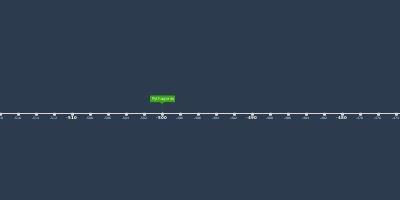Orlando de Lasso (jan 1, 1532 – jan 1, 1594)
Description:
aka Orlande de Lassus; a composer of the late Renaissance, chief representative of the mature polyphonic style of the Franco-Flemish school, and considered to be one of the three most famous and influential musicians in Europe at the end of the 16th century (the other two being Palestrina and Victoria).Lasso: The Cosmopolite Supreme
A. One of the most brilliant composers of the sixteenth century, Orlando di Lasso, was extremely versatile.
1. A Netherlander by birth, Lasso spoke French, worked in Mantua and Bavaria—he was
quite cosmopolitan. All his appointments were secular. He spoke four languages.
2. Lasso’s compositions clearly show the influence of growing up with printed music.
3. That he tried his hand at so many different genres demonstrates his association with the
idea of national styles, rather than Ars perfecta/international style.
The musical debate of the sixteenth century can be described as one between those who
championed the Ars perfecta and those who mixed styles to achieve a measure of expression. Composers such as Lasso moved between the two as they saw fit.
He is also considered to be one of the "oltremontani." The Oltremontani, Flemish composers in Italy, were quick to progress and adapt Italian vernacular forms in secular music.
Added to timeline:
Date:
jan 1, 1532
jan 1, 1594
~ 62 years
